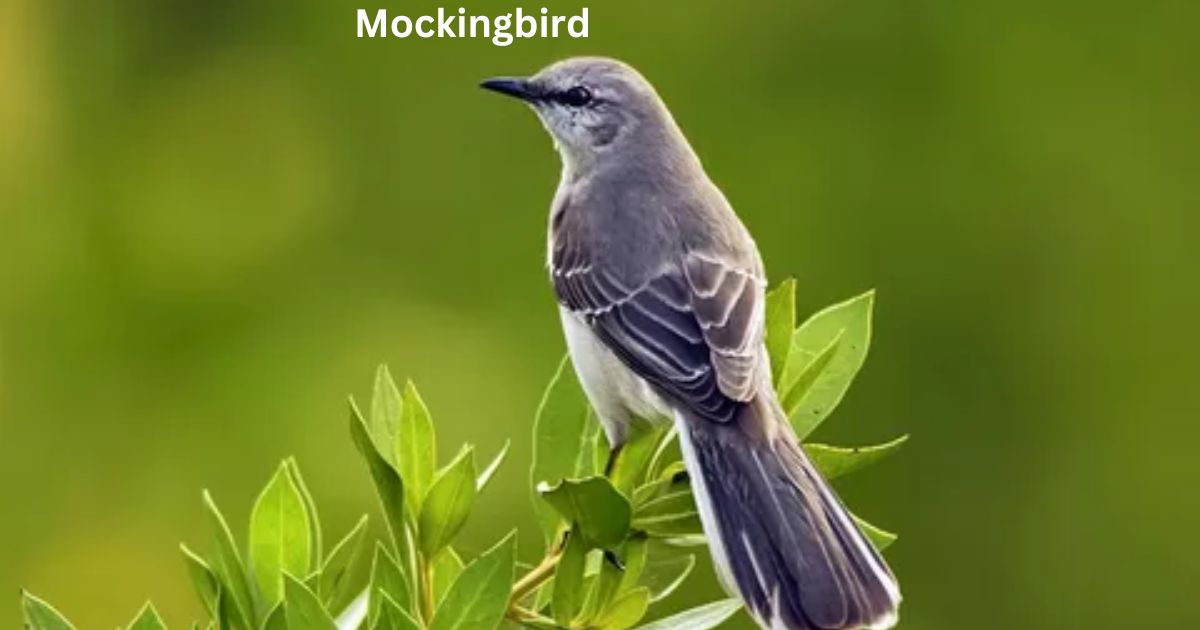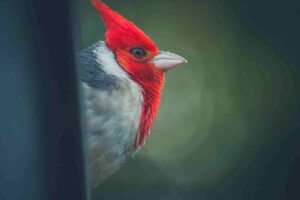Mockingbirds have a rich history of symbolism rooted in various cultures, literature, and even spiritual beliefs. In this article, we will delve into the mockingbird symbolism from multiple perspectives, including its role in Harper Lee’s “To Kill a Mockingbird,” its significance in Native American culture, and its overall symbolism in the avian world.
Mockingbird Symbolism in To Kill a Mockingbird

In Harper Lee’s 1960 novel, “To Kill a Mockingbird,” the mockingbird serves as a profound symbol of innocence and morality. The idea is reinforced through key characters and events that mirror the characteristics of the mockingbird itself.
Just as the mockingbird does not harm other creatures but sings beautiful songs, characters like Tom Robinson and Boo Radley represent the innocent individuals who suffer from the cruelty of society. Thus, the mockingbird symbolizes the loss of innocence and the importance of empathy and understanding. To learn more about the symbolism of birds and their role in nature, check out this insightful article on do birds eat butterflies.
To Kill a Mockingbird Symbolism: Analyzing the Text
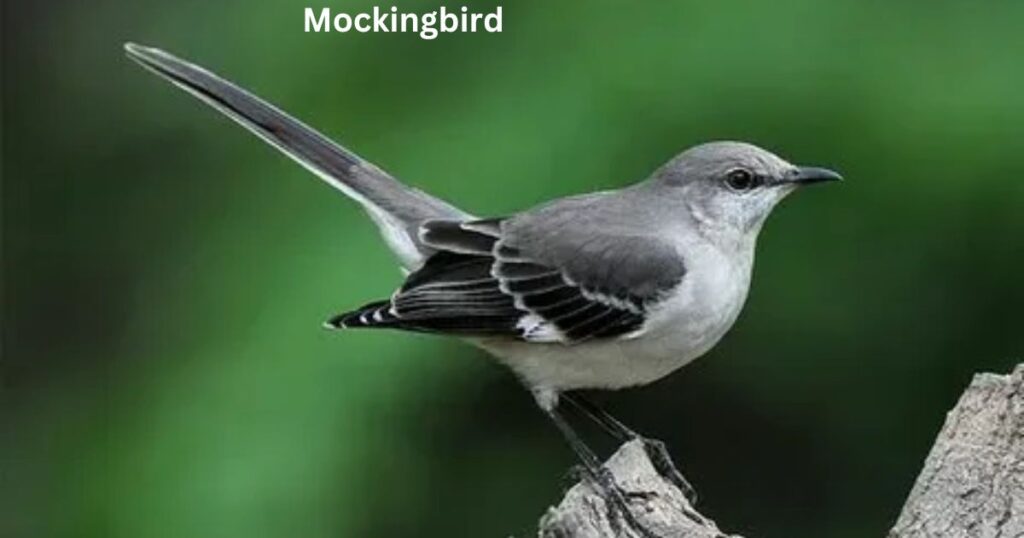
The themes embedded in “To Kill a Mockingbird” transcend mere storytelling; they offer profound lessons on human nature. The mockingbird’s ability to mimic other birds speaks to the theme of understanding and tolerance, encouraging readers to look beyond initial impressions. The town of Maycomb and its societal injustices serve as a backdrop for these themes, emphasizing that it is a sin to harm those who do not cause harm to others.
Northern Mockingbird: The Bird Behind the Symbol
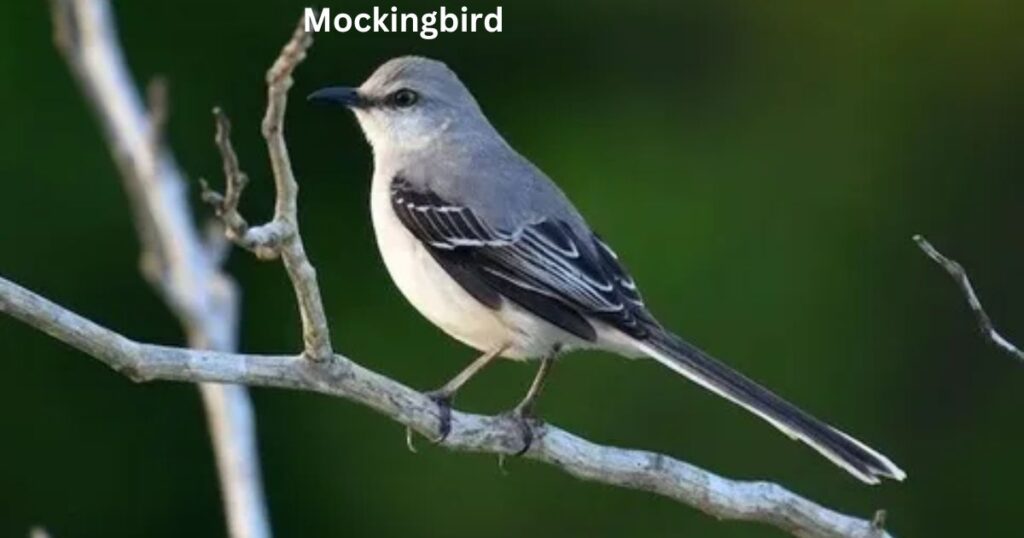
The northern mockingbird, specifically, plays a pivotal role in both cultural and literary symbolism. This species is known for its remarkable ability to imitate the songs of over 200 other bird species, showcasing versatility and adaptability. The northern mockingbird embodies themes of identity and transformation, reinforcing the idea that individuals can emulate the traits of those around them in their quest for belonging and understanding.
Tropical Mockingbird: A Cultural Perspective
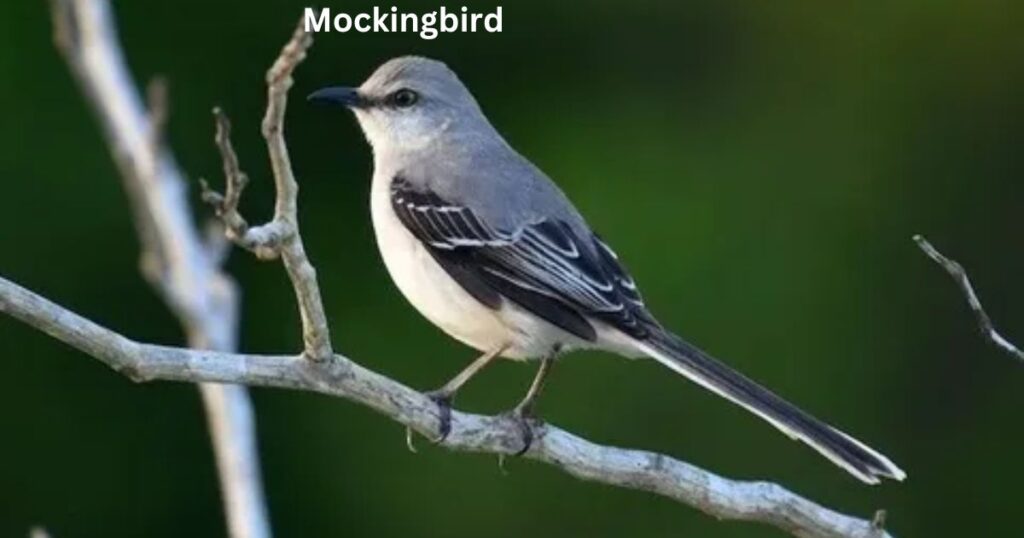
The tropical mockingbird, primarily found in Latin America, symbolizes resilience and creativity across various cultures. Its adaptability in different ecosystems mirrors the characters in “To Kill a Mockingbird” who confront and overcome social challenges. To learn more about the fascinating traits of birds and their symbolism, check out this link on the blue-footed booby.
Bird Symbolism: The Broader Context
When discussing bird symbolism, mockingbirds are often representative of freedom, creativity, and the importance of communication. Birds, in general, are seen as messengers and symbols of spiritual insight. The mockingbird, with its sweet song and complex mimicry, serves as a reminder that voices can unite and elevate human experiences.
Mockingbird Symbolism in Native American Culture
For many Native American tribes, the mockingbird symbol carries deep spiritual significance. Mockingbirds are often associated with storytelling and communication, serving as messengers between the earthly and spiritual realms. Their ability to mimic the sounds of other animals is seen as a means of harmony and connection, further emphasizing the importance of voice and expression in Native American storytelling traditions.
Mockingbird Symbolism and Spirituality
In the realm of mockingbird spirituality, these birds are often viewed as symbols of joy and positive transformation. Their songs are believed to bring forth wisdom and insight, connecting the material world with the divine. Many spiritual beliefs assert that the mockingbird encourages individuals to find their unique voice and share their truths with the world.
The Brown Thrasher: A Close Relative
Lastly, it’s worth mentioning the brown thrasher, another bird known for its vocal abilities. While not a mockingbird, it is often confused with them due to its similar size and song. The brown thrasher symbolizes resourcefulness and creativity, traits that align closely with those attributed to mockingbirds.
Conclusion
Mockingbird symbolism weaves through various cultural, literary, and spiritual realms, offering rich insights into innocence, empathy, and voice. Whether in the pages of “To Kill a Mockingbird” or in Native American traditions, the mockingbird serves as a powerful symbol of the human experience, inviting reflection on the complexity of morality, communication, and the quest for identity.
FAQs
What does the mockingbird symbolize in “To Kill a Mockingbird”?
The mockingbird symbolizes innocence and the idea that it’s a sin to harm those who do no harm to others.
How do northern and tropical mockingbirds differ in symbolism?
The northern mockingbird symbolizes adaptability and identity, while the tropical mockingbird represents resilience and creativity in various cultural contexts.
What is the significance of mockingbirds in Native American culture?
Mockingbirds represent communication and storytelling, serving as spiritual messengers in many Native American traditions.
How does the brown thrasher relate to mockingbird symbolism?
Although not a mockingbird, the brown thrasher shares similar traits of vocal ability and resourcefulness, thus aligning with the creative symbolism of mockingbirds.
